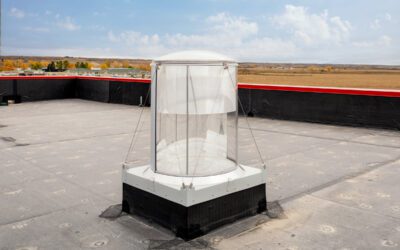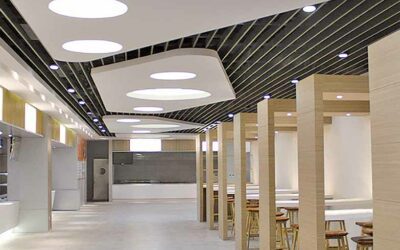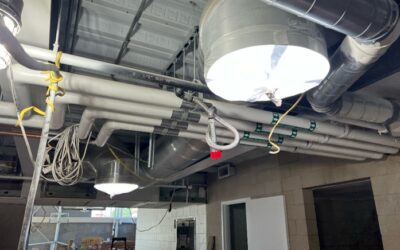Parks + Recreation
Daylighting for Parks + Recreation
Daylighting and long-life LEDs in public spaces such as transportation facilities, parks, recreational buildings, and trail systems can provide a solution for lighting these facilities in an environmentally conscious, cost-effective manner.
At Daylight Specialists, we can demonstrate how these and other daylighting solutions lower energy costs, reduce your building’s carbon footprint, and create a happier, healthier, safer environment for the public.
Why Choose Daylighting
With interior daylight systems, we can harness the sun’s natural, beautiful, healthful light while reducing electricity and maintenance costs and improving public experience. The effective use of daylighting can:
- Add brightness and openness to interior spaces
- Support the physical and emotional health of visitors and employees
- Enhance visitor experiences
- Reduce reliance on electricity
- Reduce environmental impact
- Improve visibility
- Reduces energy and maintenance costs
- Supports green building objectives
- Reinforce the natural environment in and around park and recreation buildings
Benefits of Daylighting For Parks & Recreational Spaces
Parks, recreation buildings and facilities, and trail systems are operated and maintained by cities to provide healthy, fun, community-based activities for residents and visitors. At Daylight Specialists, we can deliver natural daylight into park buildings, consistent with the natural elements of the park. In addition, LED lights can be integrated with daylight and motion sensors, preventing wasted energy during times of non-occupancy. These smart wireless lighting systems allow cities to control and maintain lighting of parks and recreation buildings with minimal labor and cost.
Transportation facilities such as bus stations, light rails, and airports can benefit from daylighting solutions by reduced energy costs while providing a secure and aesthetically pleasing environment for passengers. Effective lighting creates a sense of openness and safety for everyone passing through.
Additionally, daylighting creates a safer environment by improving visibility. This is particularly helpful for older visitors. According to the Illuminating Engineering Society, people aged 55 and older require lighting that is 2.3 times stronger than their 25-year-old counterparts.
Daylighting Gallery: Parks & Recreation
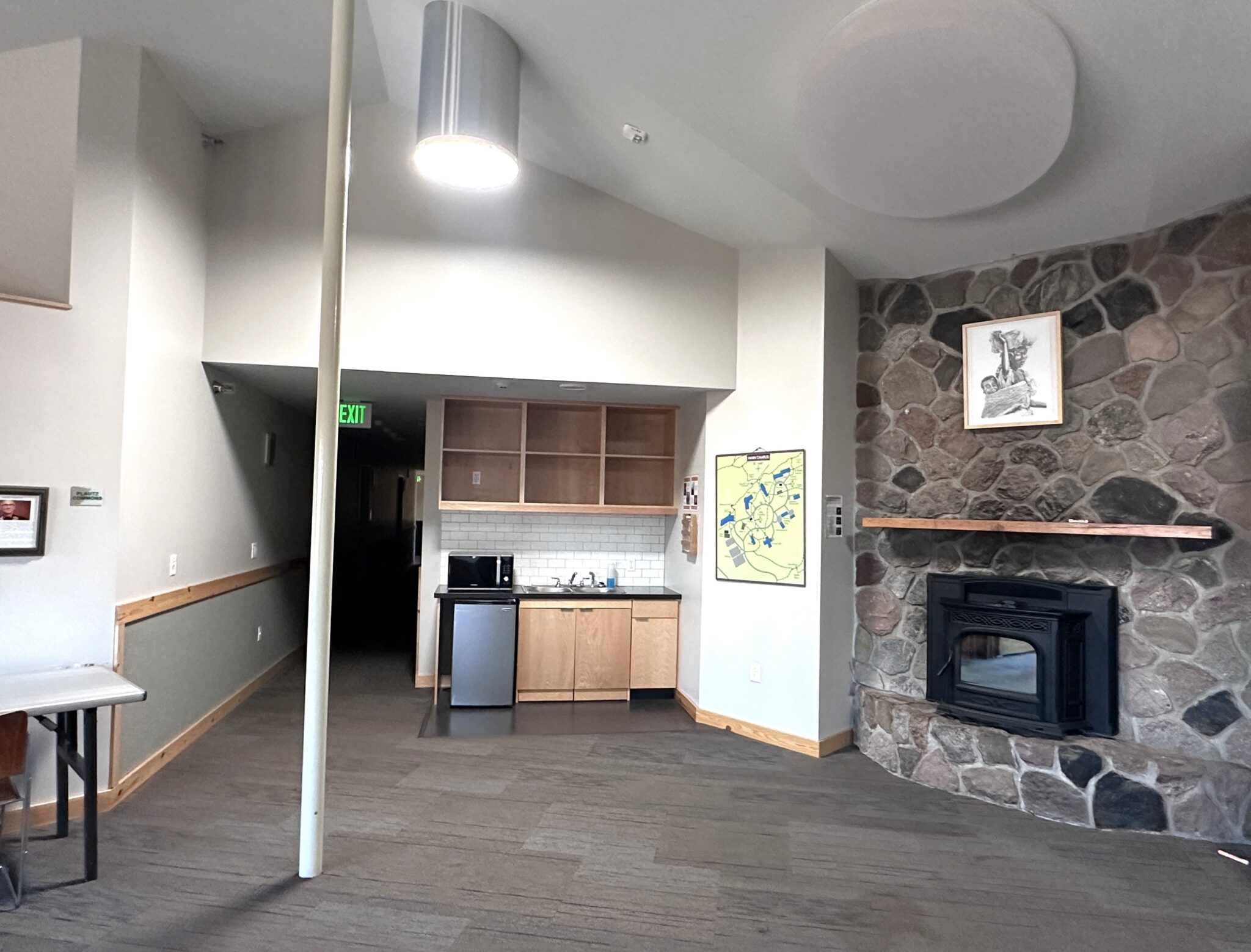
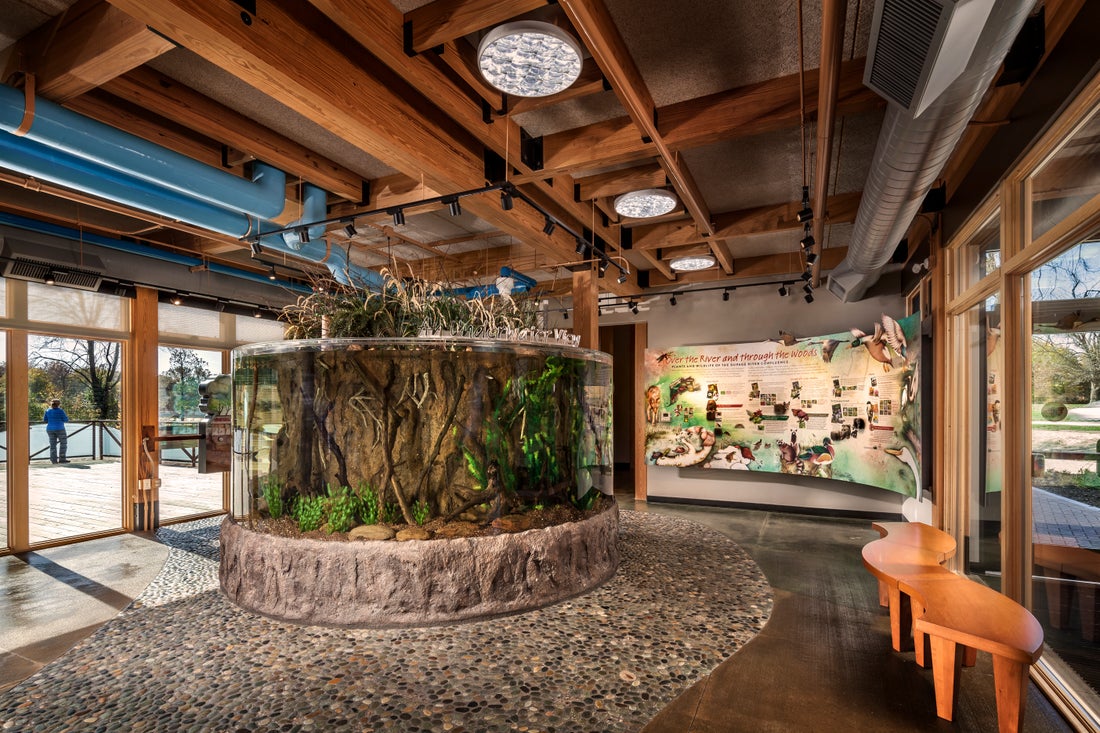
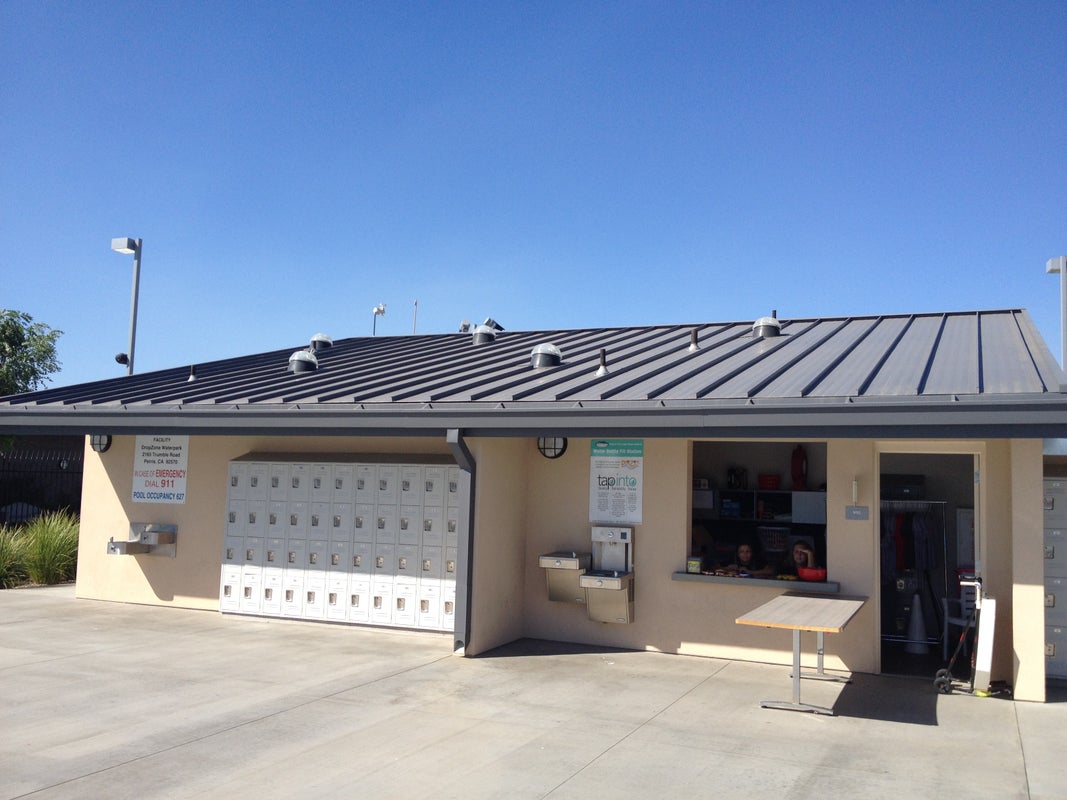

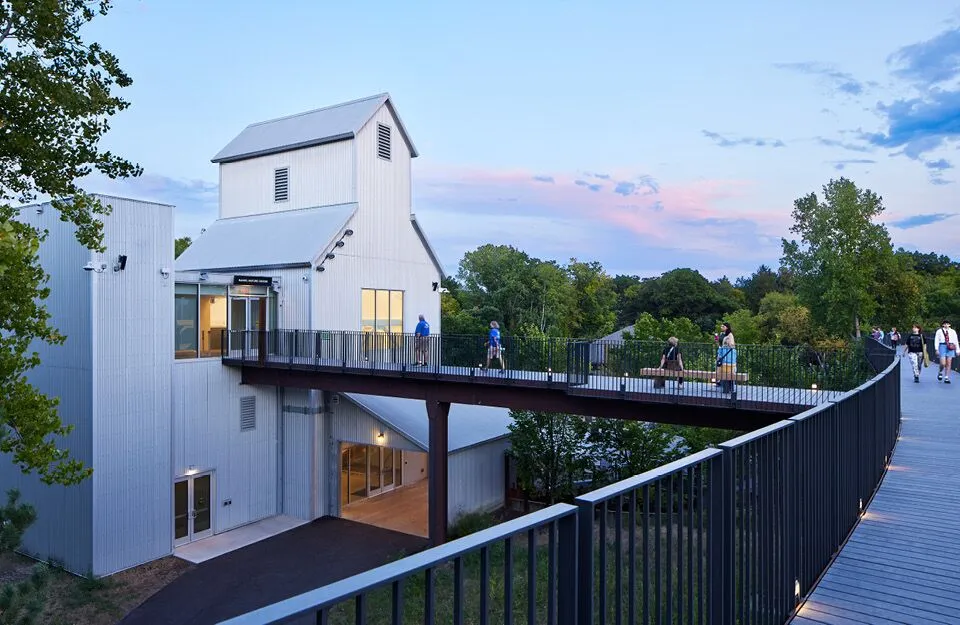
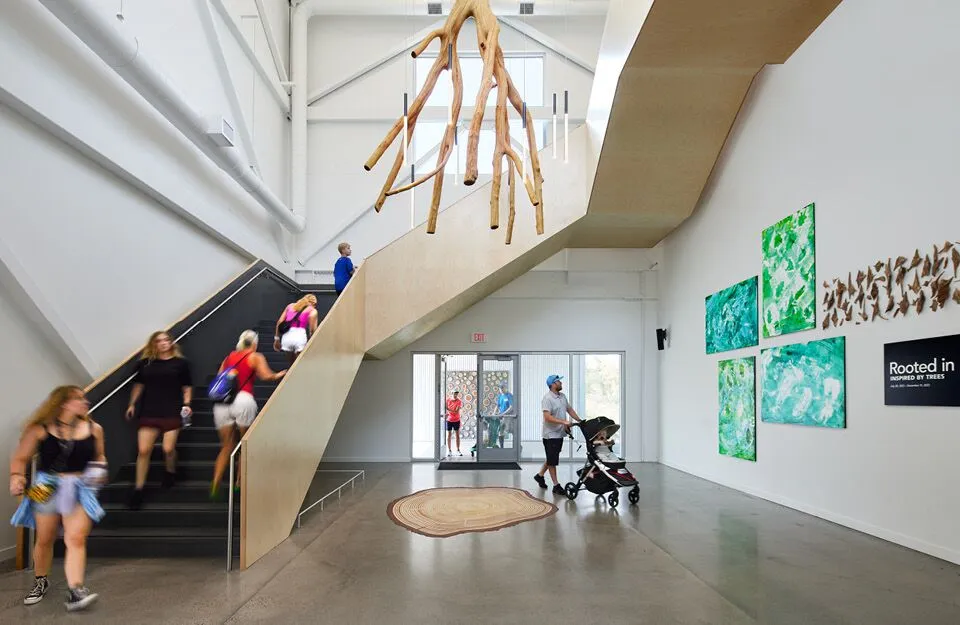
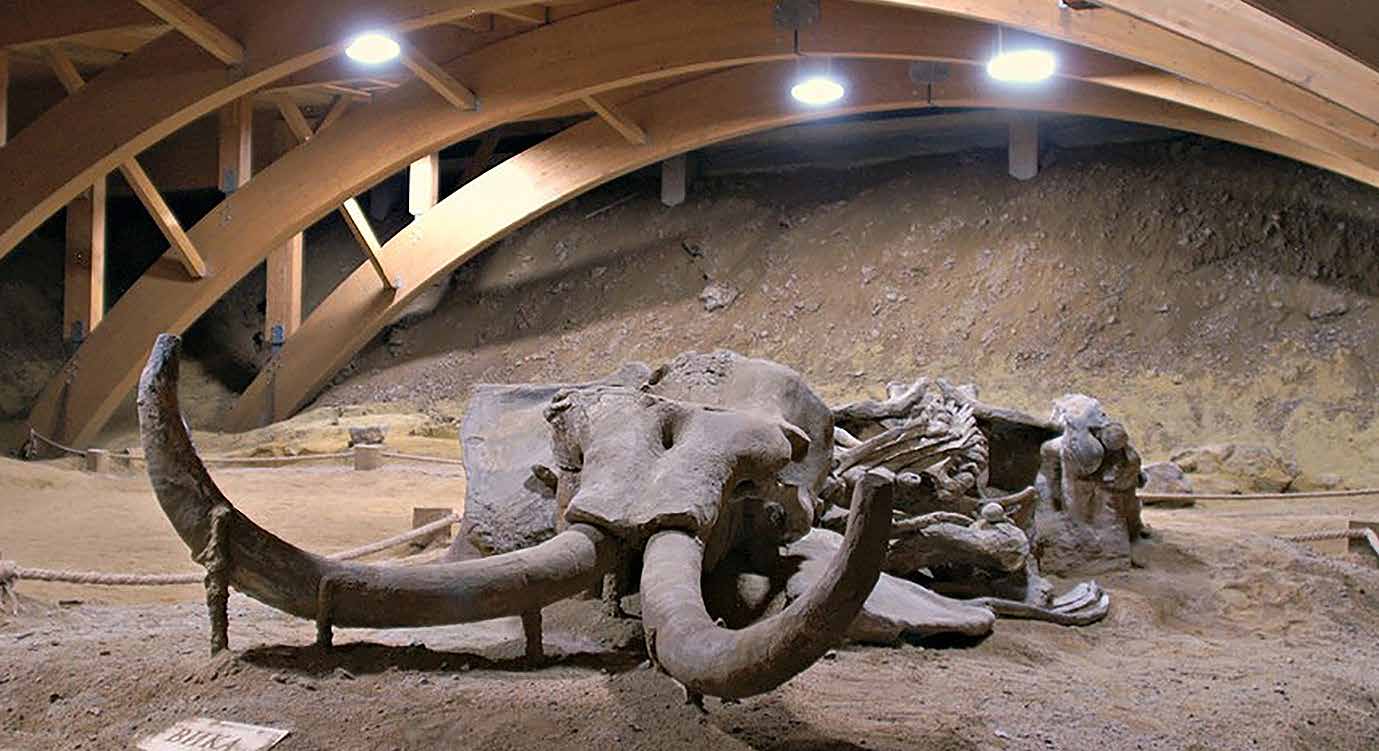
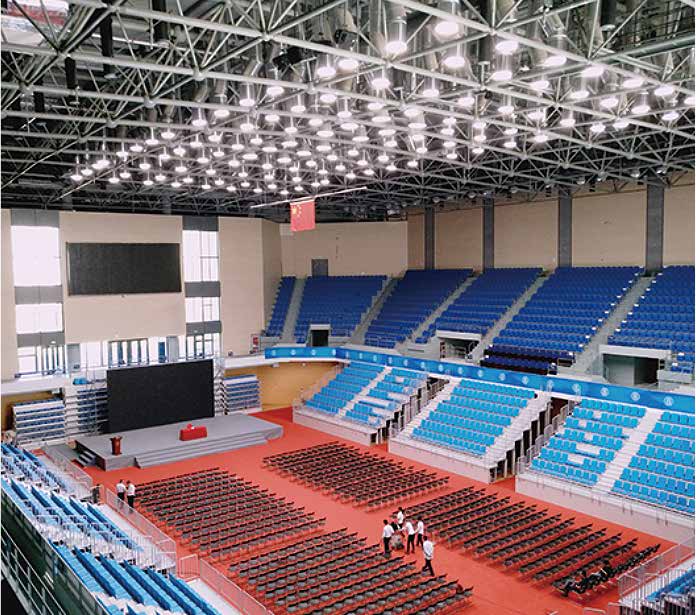
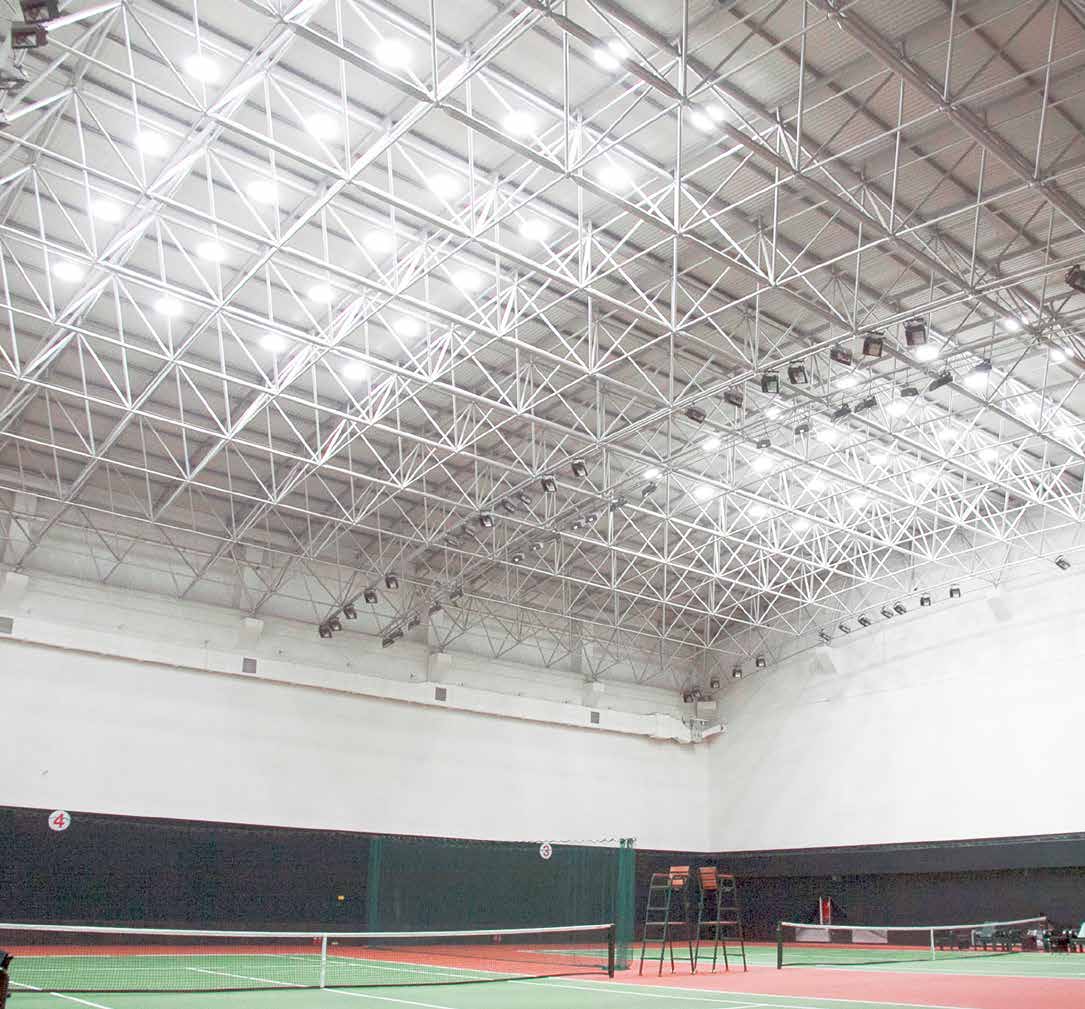

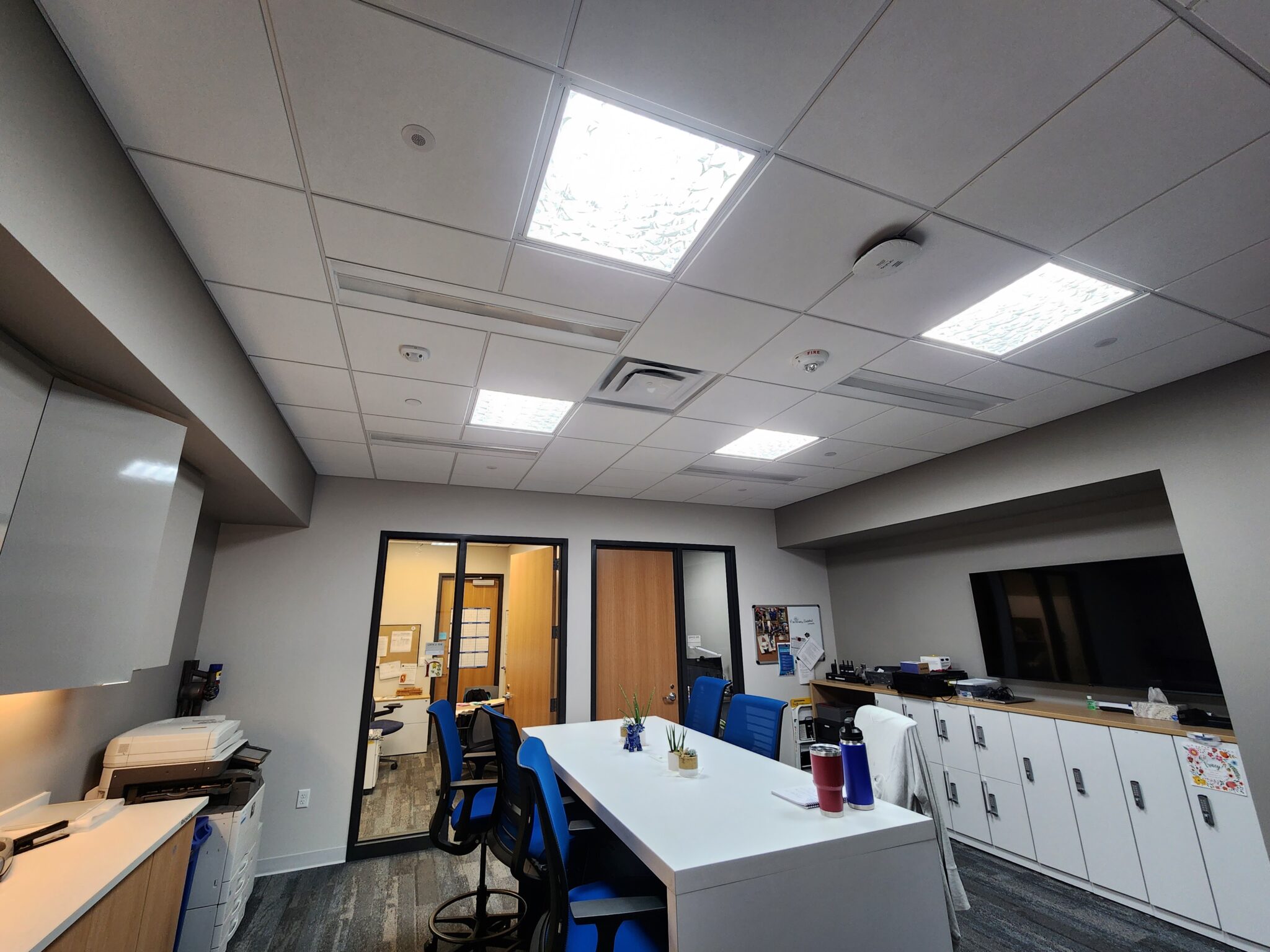
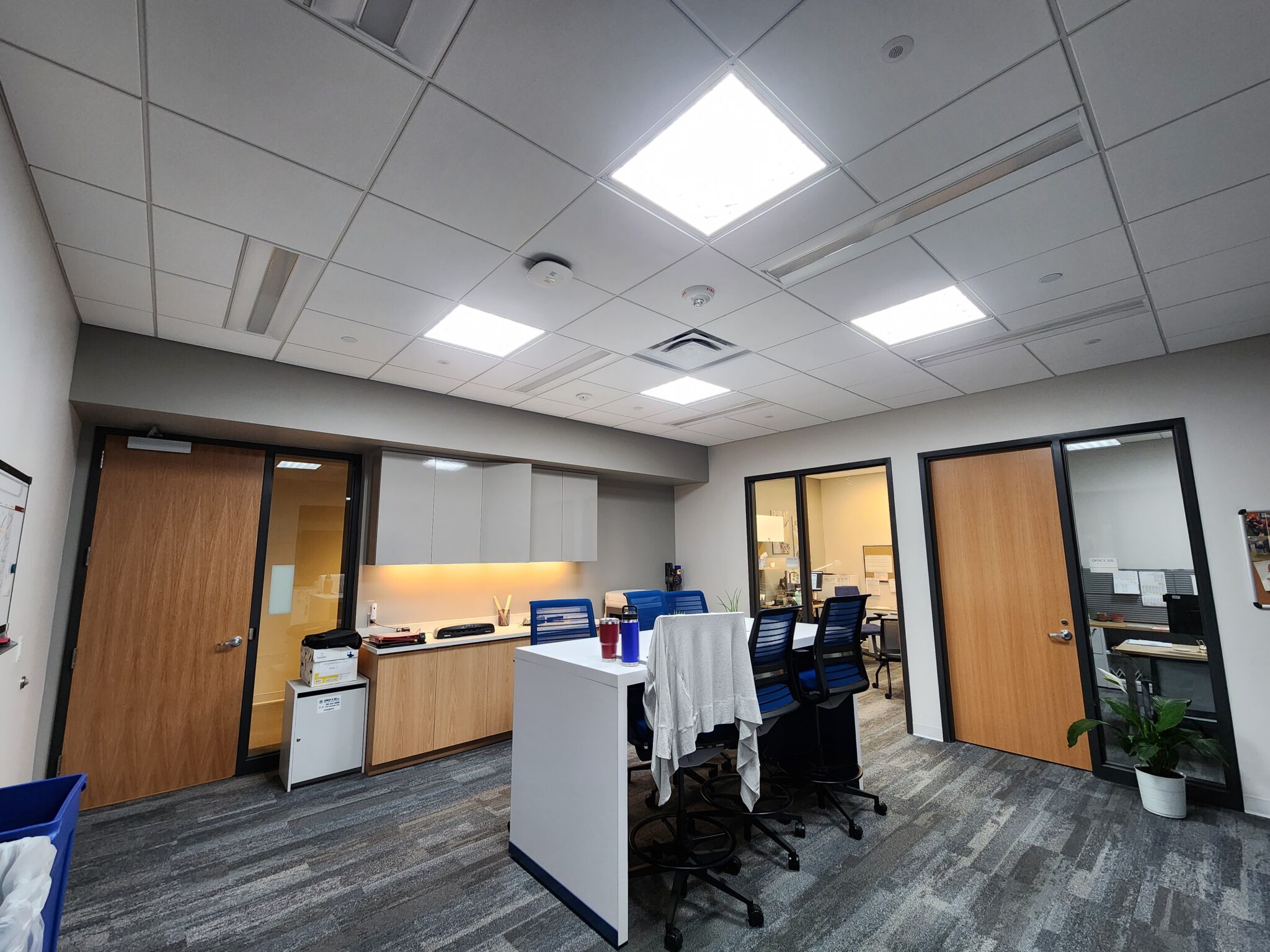
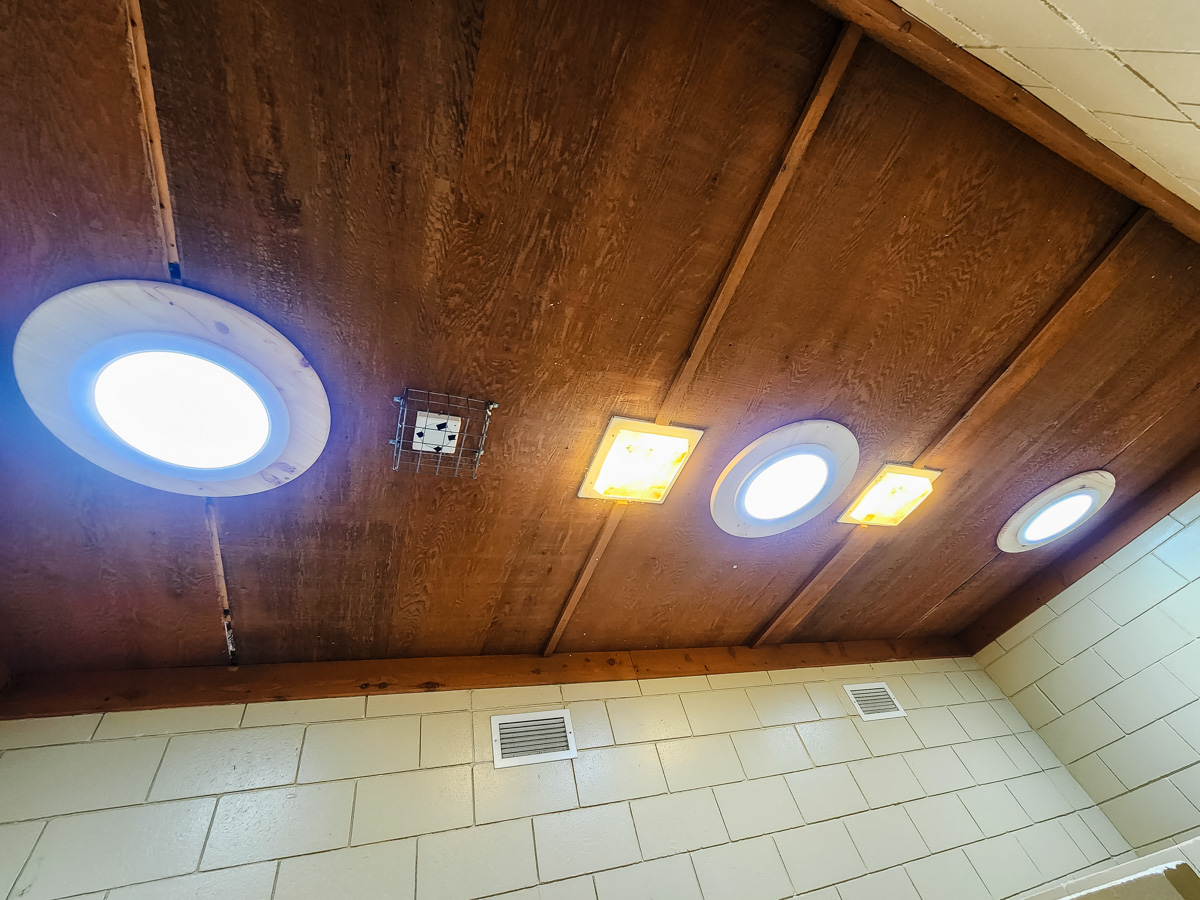
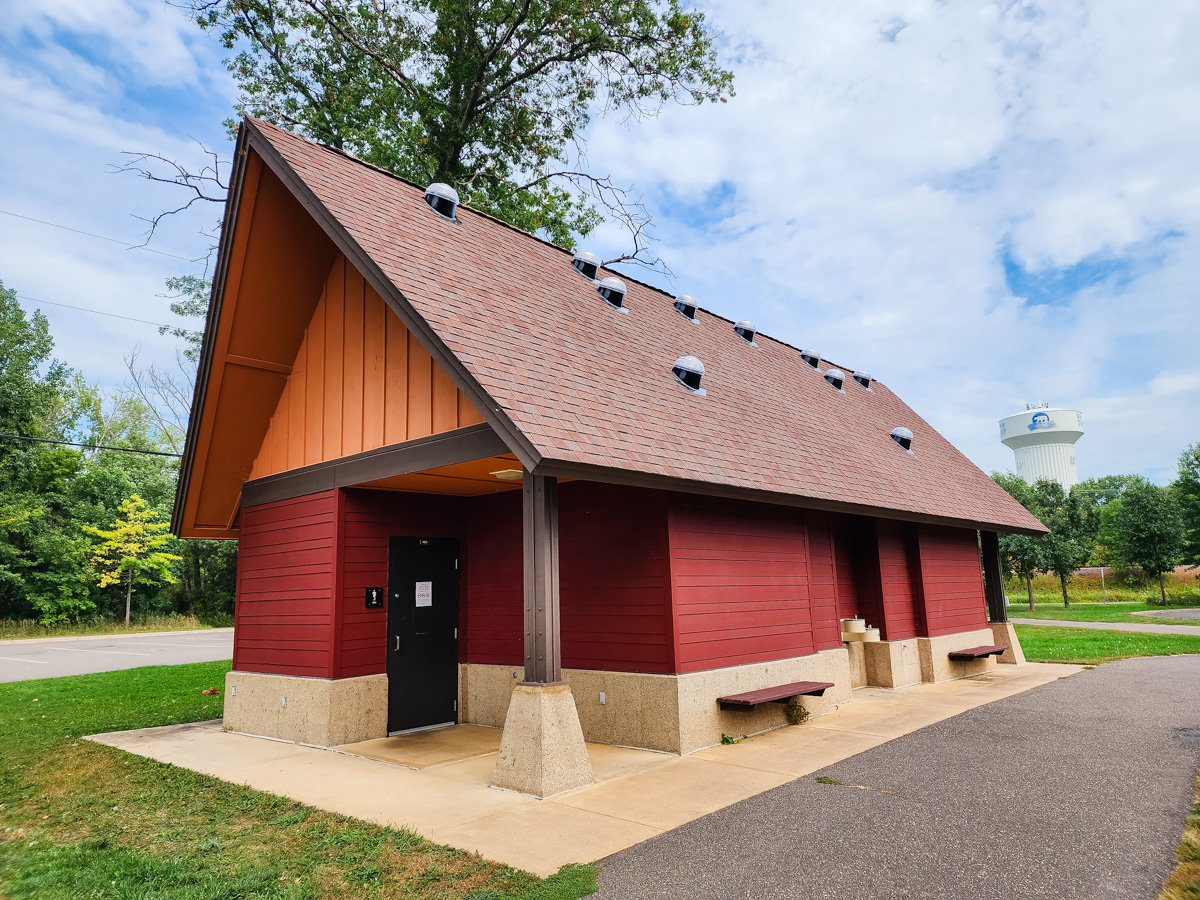
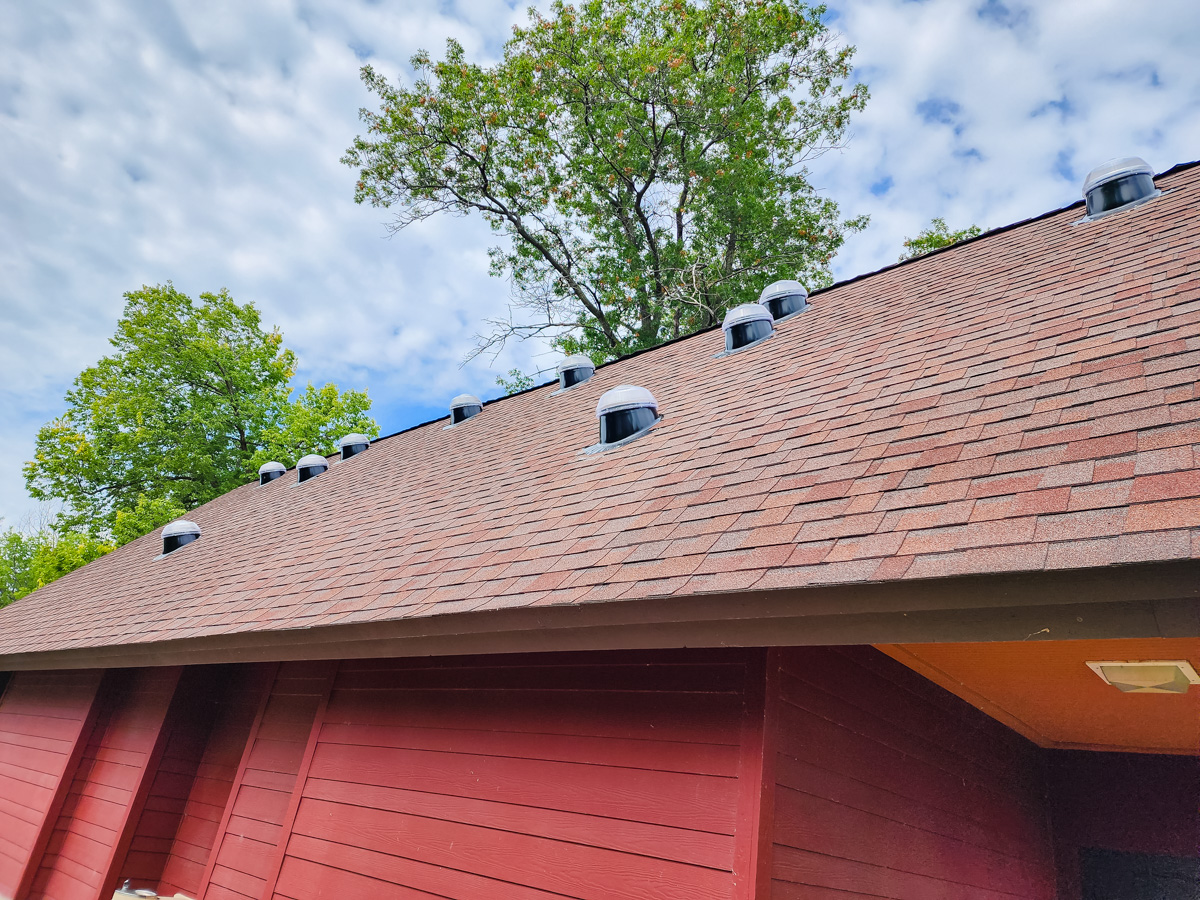

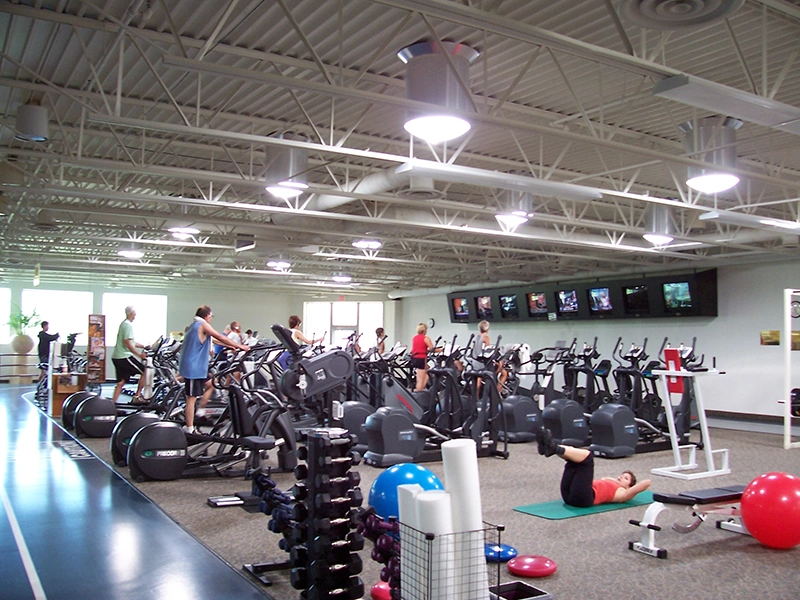
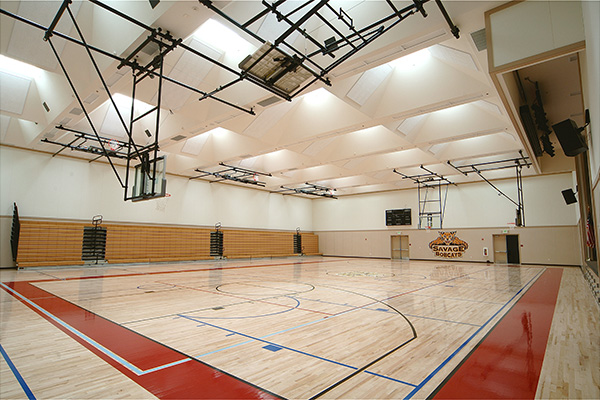
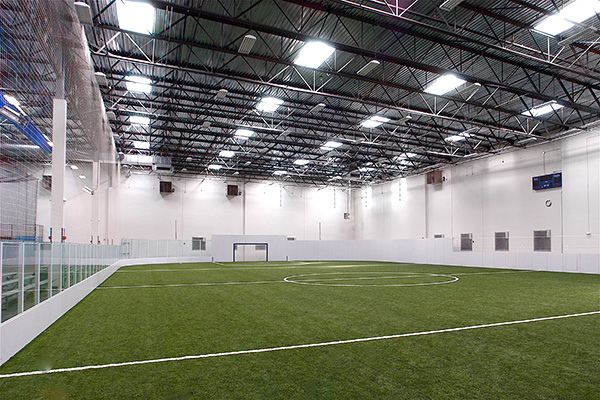
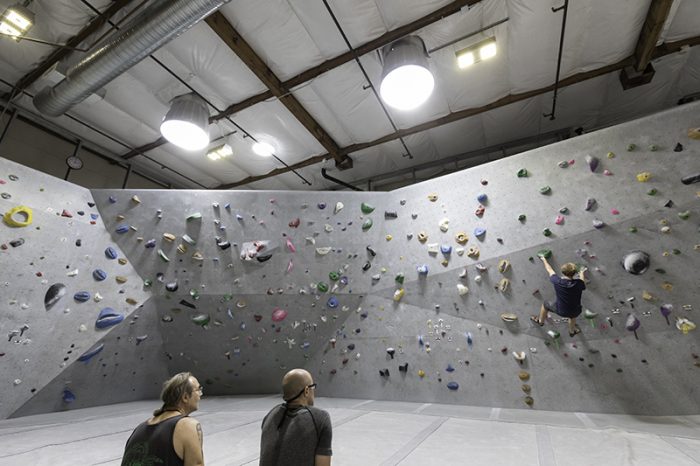
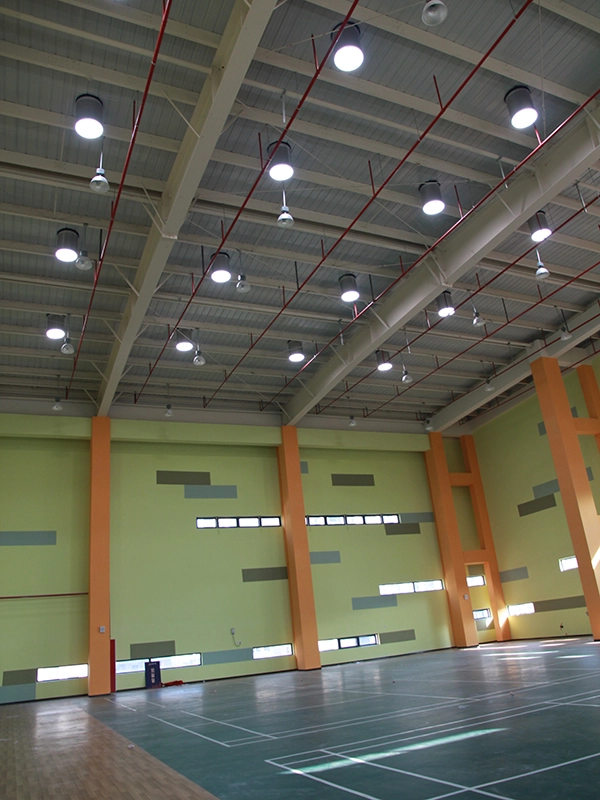

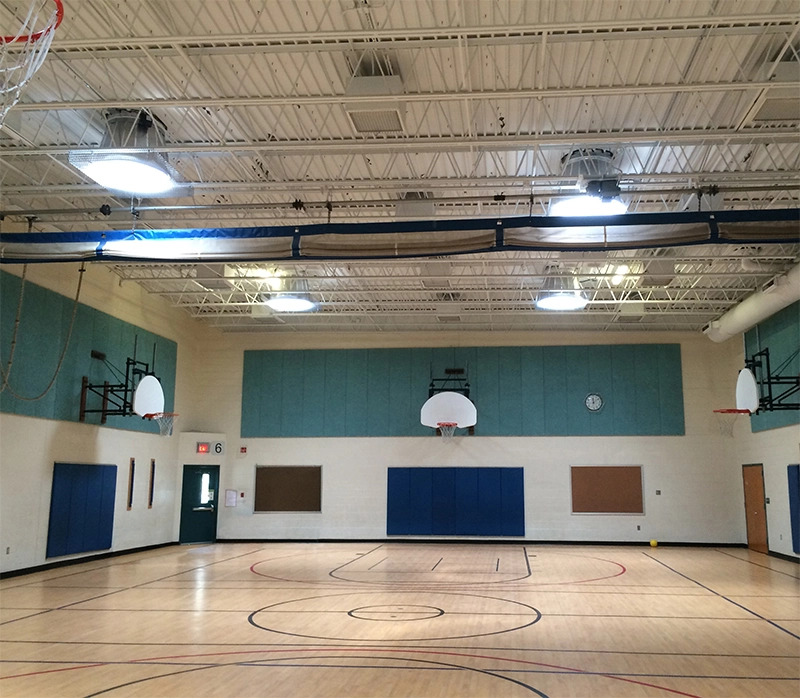
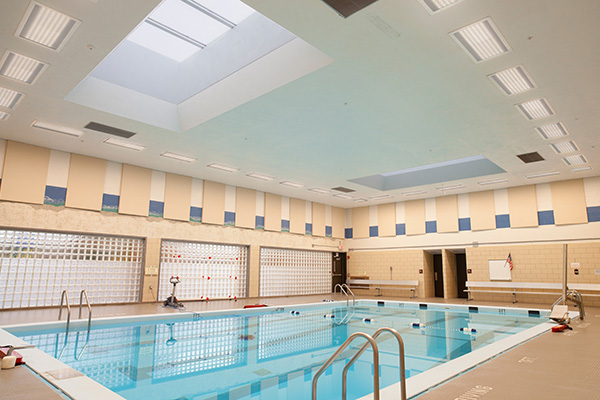
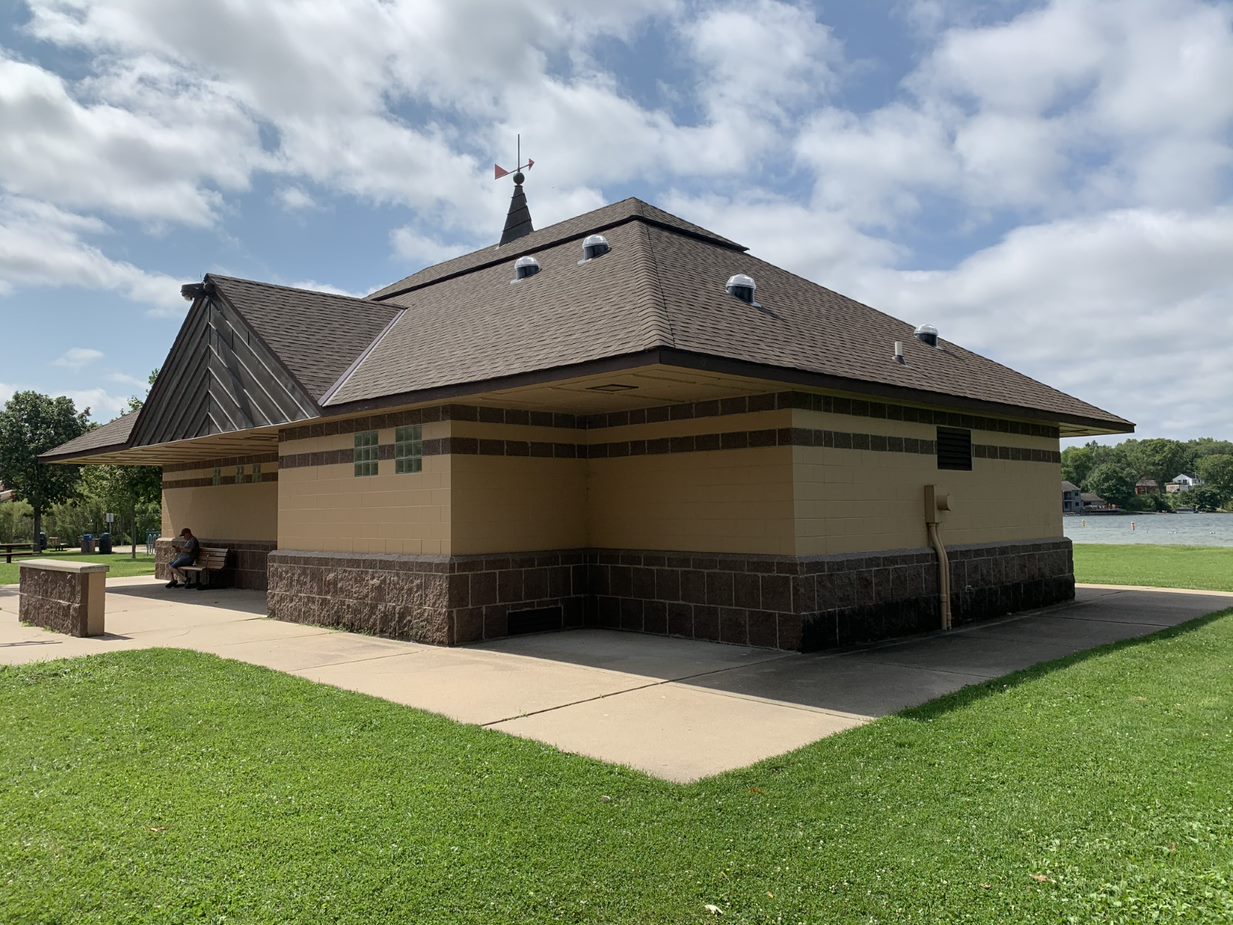
Frequently Asked Questions
text
text
Why is daylighting important for parks and recreation facilities?
What types of parks and recreation facilities can benefit from daylighting?
Can daylighting affect the sustainability and environmental impact of parks and recreation facilities?
How does daylighting impact the user experience in parks and recreation facilities?
What are the potential challenges in implementing daylighting in parks and recreation facilities?
Can Daylight Specialists assist in implementing daylighting solutions in parks and recreation facilities?

Daylighting Retrofits: Overcoming Challenges and Maximizing Impact
Daylighting retrofits are becoming increasingly popular as businesses seek ways to reduce energy consumption and create more inviting, healthier spaces. Retrofitting existing buildings with daylighting systems is a cost-effective way to bring natural light into spaces...
The Art of Natural Lighting: Crafting Aesthetic and Functional Spaces with Daylight
Daylighting is an art form that shapes how we experience buildings. In architecture and design, natural light plays a crucial role in creating environments that are not only functional but also aesthetically pleasing and emotionally engaging. When thoughtfully...
Maximizing Daylight in Challenging Spaces: Overcoming Design Obstacles
Bringing daylight into spaces that are constrained by structural limitations, location, or design can be challenging. Architects and design professionals are often faced with the need to balance aesthetics, practicality, and sustainability when incorporating natural...

